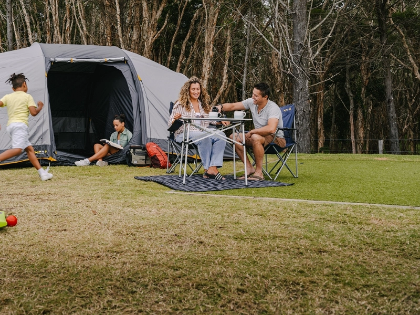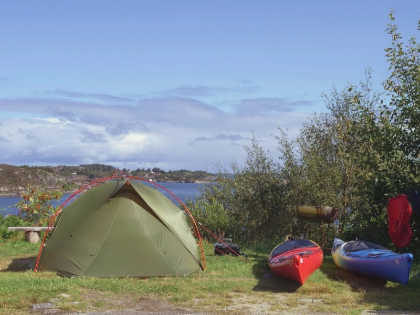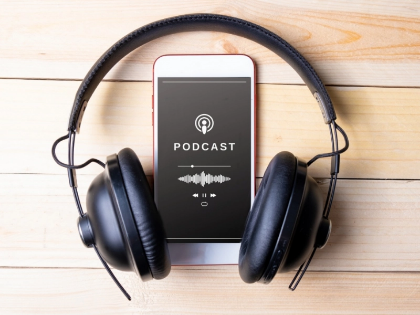How to Start a Profitable Podcast From Nothing
The podcasting market is expanding, but getting started from scratch can be difficult. This post will provide novices with a comprehensive how-to for starting from scratch and building a profitable podcast.
Ascertain your target audience and select a format that appeals to them. Over time, the most successful podcasts are frequently those that offer their listeners value.
1. Recognize your audience.

Podcasting is an immensely strong medium, regardless of whether you're a freelancer trying to establish your credibility or a firm trying to cultivate those devoted superfans every company dreams of. However, before you can proceed, you must ascertain the precise identity of your audience as well as their requirements and desires.
Making podcasts that are valuable to listeners in some way is what draws them in and encourages them to return. Making sure your show offers something to its listeners—whether that be in the form of educational information, practical guidance, or links to free resources and real-world examples—is one of the best ways to keep them interested.
Another essential component of a successful podcast is sticking to a regular publication schedule. This helps viewers stay up-to-date with your content without becoming overloaded with it all at once and lets them know what to expect from upcoming episodes. Consider making a preliminary episode plan to refer to while filming to help you remain on schedule.
2. Form a Special Assumption

Making decisions about your podcast's duration, structure, tone, frequency, branding, and promotion can be aided by having a good grasp of its target audience. Your show's unique selling proposition (USP), which could be something as simple as a fresh take on a well-liked subject or special access to guests, can also be shaped by the interests of your audience.
Additionally, you ought to be enthusiastic about the subjects you cover in your podcast. Your listeners will be able to tell if you're not passionate, and they might look for another show.
Consider how your distinct personality and experience might enhance the stuff you're recording as you create your episode plan. This is what will distinguish your podcast from the plethora of others and draw in a devoted listenership. In order to enable listeners to pursue further information or study on the topics you address, it's also a fantastic idea to provide links to pertinent resources in the show notes for each episode.
3. Establish a robust episode plan.

Poorly made podcasts have the potential to alienate listeners, especially new ones. Don't skimp on high-quality equipment, and give the editing process some thought if you want your podcast to sound consistently excellent.
Before you start filming, make sure your episode plan is clear. This will assist you in staying on topic and preventing the presentation from deviating from it. In order to encourage more animated conversations, it's also a fantastic idea to send the outline to the visitors in advance so they can get ready with their responses.
Pay close attention to any aural distractions, such as pops and clicks, as you reedit an episode. Using crossfades is also a smart idea to prevent abrupt transitions, which might annoy listeners. Finally, to eliminate background noise that can be annoying to the listener, a high-pass filter can be employed.
4. Establish a webpage.

The aim of launching a podcast is not to have a big "launch." Instead, it's about setting the groundwork for something that will develop further in the future.
Although it requires perseverance and patience to be successful, a podcast may be worth the long-term investment. Making at least 20 episodes (or more if you incorporate interviews) is a fantastic way to stress-test your episode idea. This will guarantee that you have a solid foundation for your podcast and keep you from running out of ideas before you get a chance to get going.
After your website is up and running, it's critical to provide as much value as you can for your audience. This entails posting episode transcripts or show notes and advertising your podcast on social media. To foster a sense of community, your website should also have a comments section and a newsletter subscription. This will make it more likely that listeners will recommend and share your podcast with others.









